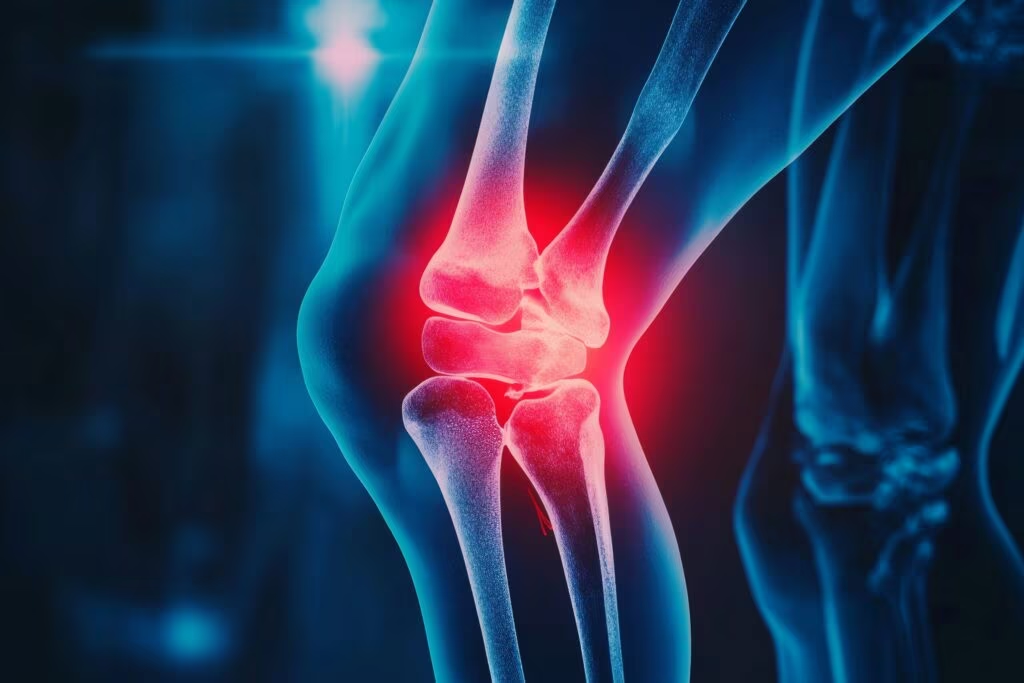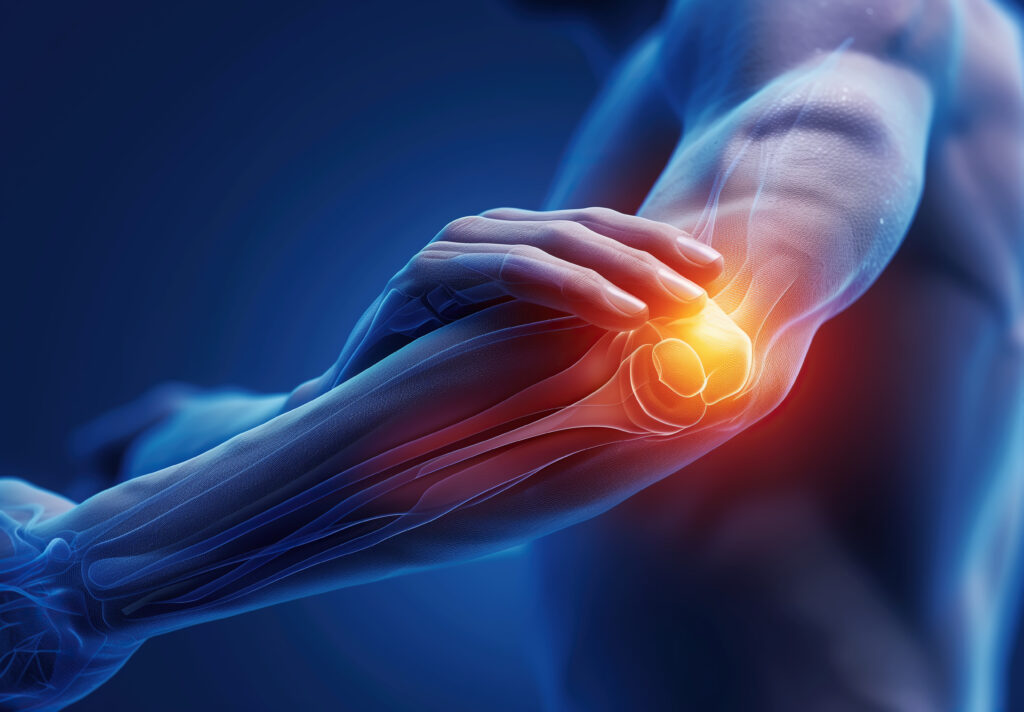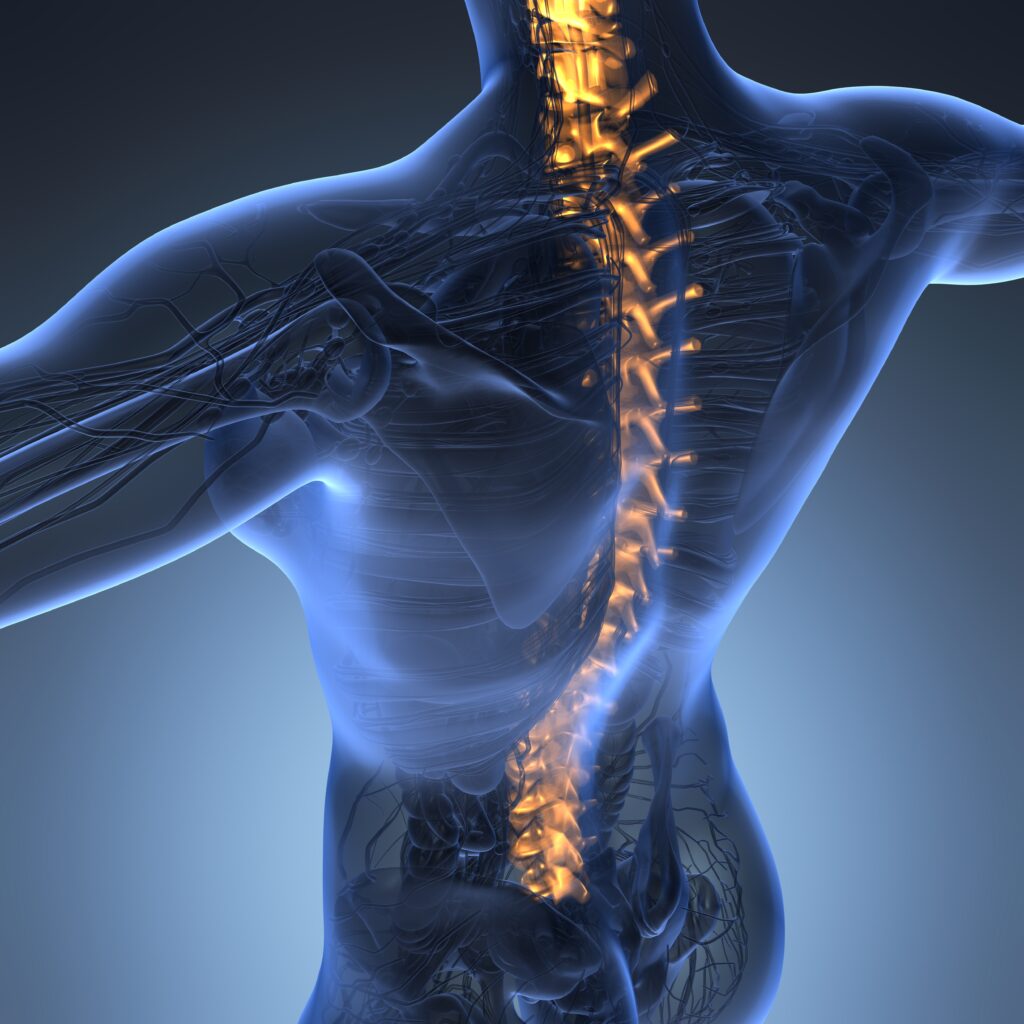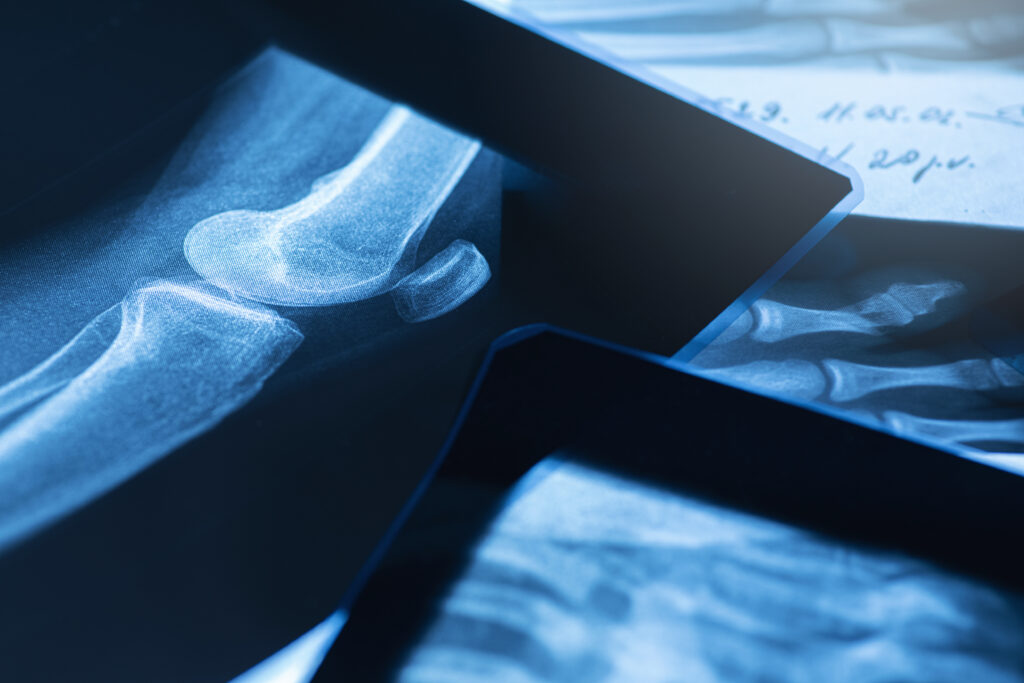Systemic lupus erythematosus (SLE) predominantly affects females and is characterized by multisystem involvement.1,2 Despite advancements in therapeutics, patients with SLE still experience poor health-related quality of life (HRQoL).3 Systemic sclerosis (SSc) is characterized by vasculopathy and fibrosis of the skin and visceral organs.4 Like SLE, SSc contributes to a high morbidity burden and negatively impacts patients’ HRQoL.4 Non-pharmacological management has been progressively substantiated with growing evidence in the literature.5,6 However, the content, delivery methods and access to non-pharmacological interventions have not been structured, which is mainly due to the lack of widely endorsed guidelines. Hence, a task force convened within the frame of the European Alliance of Associations for Rheumatology (EULAR) which developed recommendations for the non-pharmacological management of SLE and SSc.7 This editorial briefly describes the work and summarizes the recommendations with the goal of making them more accessible to patients, clinicians and other stakeholders.
The task force comprised rheumatologists, health professionals and patient research partners. All care providers in the task force were experienced in managing people with SLE and/or SSc. Non-pharmacological management was defined as management not classified as pharmacological by the Directive 2001/83/EC of the European Parliament and the Council of the European Union (6 November 2001) on the Community code relating to medicinal products for human use, the latter comprising any substance (or combinations) that may be used to restore, correct or modify physiological functions, or to make a medical diagnosis.8,9
The work toward the derivation of recommendations was dictated by nine pre-defined research questions, which aimed to address (i) what non-pharmacological management should aim for, (ii) which interventions have been tried, (iii) which interventions have been efficacious, (iv) which tools have been used to evaluate non-pharmacological management, (v) when the outcome should be assessed, (vi) within which health-related domains it should be assessed, (vii) the needs, expectations, and preferences of patients with SLE and/or SSc, (viii) educational needs for care providers and patients, and (ix) identification of facilitators and barriers.
Twelve recommendations for the non-pharmacological management of patients with SLE and SSc were developed, emanating four overarching principles. The recommendations included five generic recommendations for both patients with SLE and those with SSc, four additional recommendations for patients with SLE and three additional recommendations for people with SSc. In summary, the overarching principles state that non-pharmacological management of SLE and SSc (i) should be tailored to the patients’ needs, expectations, and preferences, and be based on shared decision making; (ii) may comprise one or more interventions; (iii) may be provided alone or as an adjunct to pharmaceutical treatment; and (iv) should not substitute pharmaceutical treatment when the latter is required.
The generic recommendations for SLE and SSc can be summarized in that (i) non-pharmacological management should be directed toward improving HRQoL; (ii) patients should be offered patient education and self-management support; (iii) smoking habits should be assessed, and cessation strategies should be implemented; (iv) avoidance of cold exposure should be considered for the prevention of Raynaud’s phenomenon, which is particularly important in patients with SSc; and (v) physical exercise should be considered for people living with these diseases.
The recommendations for the non-pharmacological management of SLE can be summarized in that: (i) patient education and self-management support should be considered for improving physical exercise outcomes and HRQoL, and could be considered for enhancing self efficacy; (ii) photoprotection should be advised for the prevention of flares; (iii) psychosocial interventions should be considered for improving HRQoL, anxiety, and symptoms of depression; and (iv) aerobic exercise should be considered for increasing aerobic capacity and reducing fatigue and symptoms of depression.
The recommendations for the non-pharmacological management of SSc can be summarized in that (i) patient education and self-management support should be considered for improving hand function, orofacial function, HRQoL and ability to perform daily activities, (ii) orofacial, hand, aerobic and resistance exercise should be considered for improving microstomia, hand function and physical capacity, respectively, and (iii) manual lymph drainage could be considered for improving hand function in patients with puffy hands.
Major limiting factors while conducting this work were the apparent sparsity of high-quality interventional studies and the large heterogeneity of methodologies and study structures. Therefore, along with the overarching principles and recommendations, the task force also identified areas warranting further research and developed a research agenda. Firstly, randomized controlled trials with detailed study protocols are encouraged. Identification of patients’ needs is essential, as are strategies for the identification of such needs. Importantly, studies evaluating long-term outcomes of non-pharmacological management are needed, as is investigation of the efficacy of psychosocial interventions in patients with SSc. Studies evaluating the efficacy of skin and wound management are also needed, particularly in patients with SSc, as well as studies on dietary programmes. Finally, further identification of barriers for the implementation of non-pharmacological management of patients with SLE or SSc and means to alleviate such barriers is imperative. The task force also proposed an educational agenda, with the purpose of enhancing the providers’ skills, competencies and confidence. Strengths of this work included the participation of experts from multiple disciplines as well as patient representatives, and the extensive systematic literature review with the goal of informing the recommendations.6 As a next step, actions for the dissemination and implementation of the recommendations have been initiated.
In brief, results from a systematic review of the literature and expert opinion within a task force resulted in the development of overarching principles and a set of recommendations for the non-pharmacological management of people with SLE and SSc.6,7 These recommendations serve as a valuable resource for healthcare providers and patients with SLE and SSc. They offer guidance in establishing personalized disease management strategies encompassing essential non-pharmacological elements.














